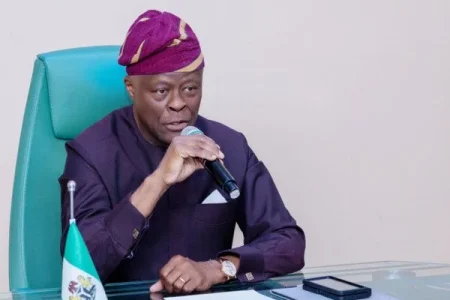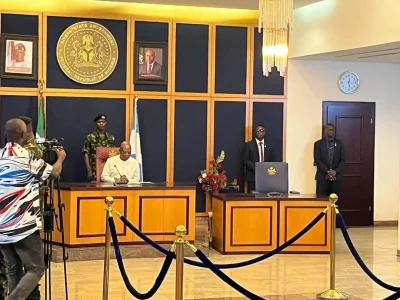
Nigeria’s finance minister, Wale Edun, announced that President Tinubu’s economic reforms, focusing on market-based pricing for fuel and foreign exchange, have entered the result-delivery phase. Positive signs of economic recovery, including increased revenue and stronger NNPCL finances, offer hope for growth, investment, and job creation.
The Nigerian government has announced that its economic reforms, which include the market-based pricing of Premium Motor Spirit (PMS) and foreign exchange, have now reached the "results delivery stage." Minister of Finance Wale Edun confirmed this during a session with the Senate Committee on Finance in Abuja.
Edun expressed gratitude for Nigerians’ patience with the reforms, noting that initial challenges are now behind the country, and positive economic indicators are beginning to emerge. These reforms, according to Edun, are expected to bolster government revenue, improve the finances of the Nigerian National Petroleum Company Limited (NNPCL), and create a strong foundation for economic growth.
The finance minister emphasized that the country is now in a better position to attract investment and generate jobs. The Senate Committee, led by Senator Sani Musa, held the session to assess the feasibility of various reforms, including the sale of crude oil to domestic refineries in naira, and to review the 2024-2026 fiscal strategy. With support from key stakeholders like the Central Bank and NNPCL, the government aims to ensure responsible resource management, transparency, and a stable economic future.




